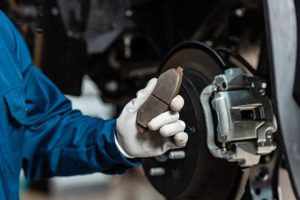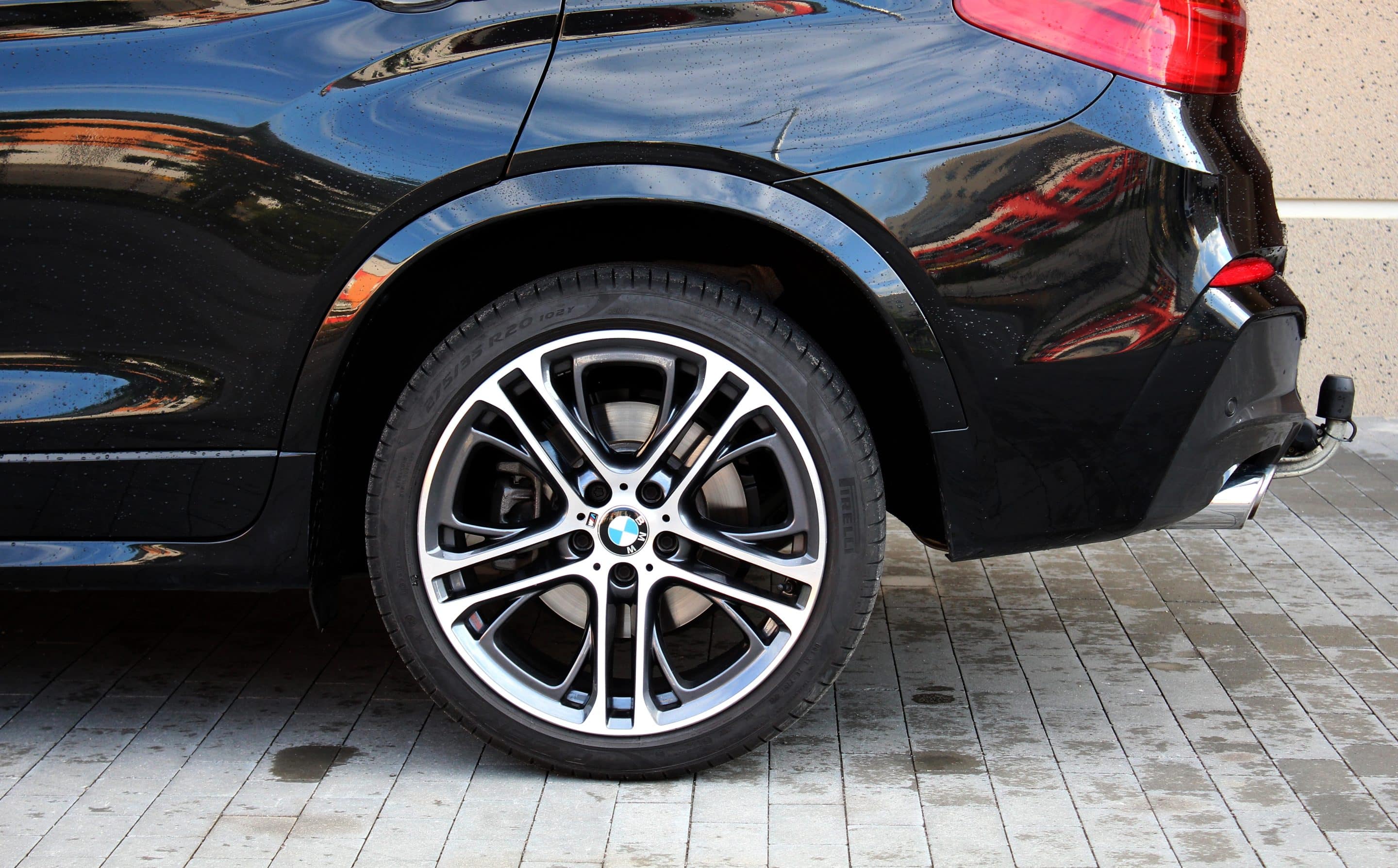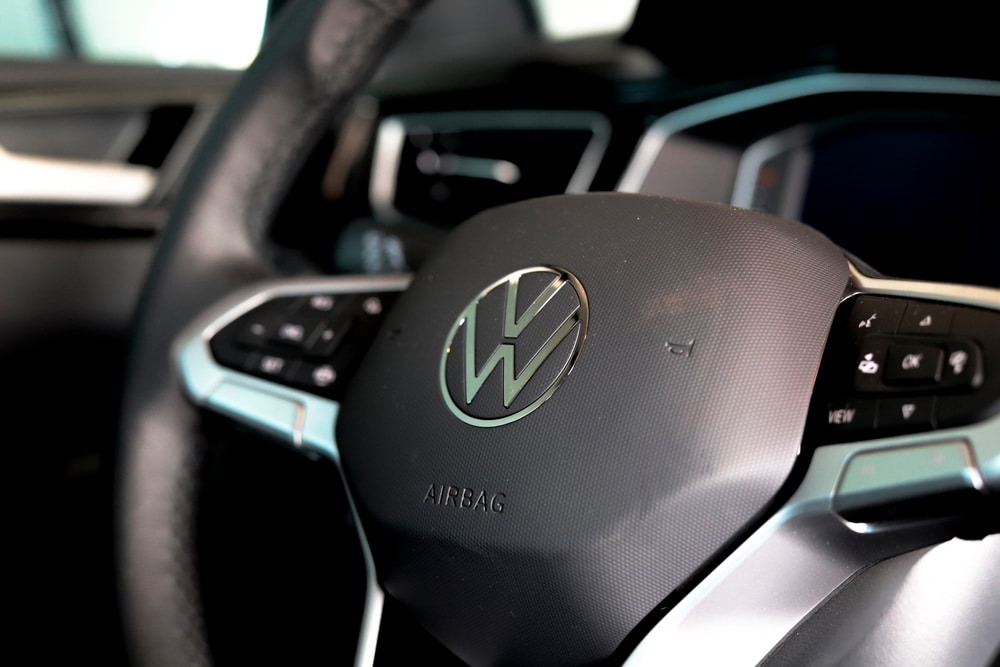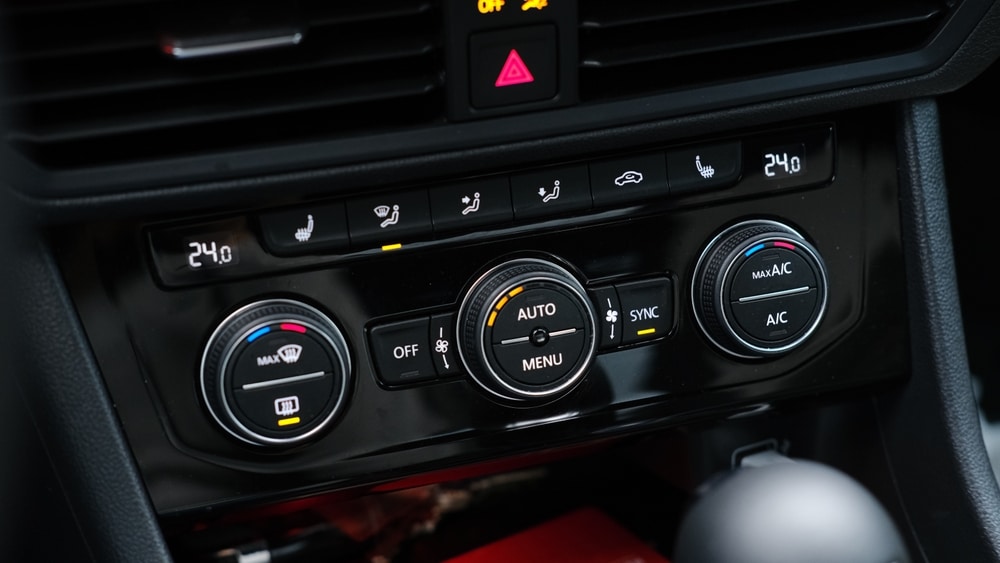Replacing Mercedes Brake Pads
To keep safe on the road when driving, your Mercedes-Benz braking system must be in good condition. The brakes are vital in controlling a vehicle and preventing accidents, which is why they should be regularly maintained and serviced.
In this blog post, we’ll discuss what you need to know about your brake pads and help you understand when they need replacing. We’ll cover everything from how brake pads work to the consequences of driving with worn brake pads and everything in between! We’ve left no stone unturned. We’ll also provide expert advice on the best brake pads for your Mercedes-Benz model.
With that said, let’s get started…

Mercedes-Benz Brake Pads: How Do They Work?
Brake pads are an essential part of a vehicle’s braking system. They work by pressing against the brake disc to slow or stop the vehicle. When the brake pedal is pressed, the brake pads are pushed against the disc, generating heat and friction, in turn slowing the wheels down by creating a braking force. Over time, brake pads wear down and need to be replaced to ensure safe braking performance. Regular inspections of your brake pads by a qualified technician will ensure that they are in correct working order.
At JDK Automotive, our Mercedes-Benz specialists provide expert brake inspection and replacement services to help keep you and others safe on the road.
Worn-out Mercedes-Benz Brake Pads Can Be a Safety Hazard!
In order to ensure your safety and the safety of others on the road, you must maintain your braking system. In Mercedes-Benz vehicles, worn brake pads can cause metal-on-metal grinding, which damages the discs as well as produces excess heat that can warp and crack them. Keeping your brakes regularly checked and replaced will save you from costly repairs in the future. At JDK Automotive, we can not stress enough the importance of regular brake checks and brake pad replacements when they’re worn.
The signs of worn brake pads include screeching while braking, heavy vibrations or your car pulling to one side as you press the brake pedal. In addition, if your brakes take longer than usual to slow your vehicle down or the warning light illuminates on the dashboard, it’s time to bring your car in for an inspection. Don’t let worn brake pads compromise your safety. Call JDK Automotive today for a quick fix.

When to Replace Your Brake Pads for Optimal Safety and Performance
It can be difficult to say exactly how long brake pads will last as there are several factors that influence the lifespan of Mercedes-Benz brakes. Typically, brake pads last between 25,000 and 65,000 miles, but some, such as carbon ceramic pads, can last up to 80,000. The owner’s manual of your Mercedes-Benz will tell you what service schedule is recommended for your brakes.
Driving habits, the environment and the specific brake pad material used can also impact on how long your vehicle’s brakes may last. The wear and tear on your brakes can be caused by heavy braking, stop-and-go traffic, and city driving. In general, carbon-ceramic brake pads last longer than metallic pads, but they are more expensive. Contact JDK Automotive today if you need help choosing the right brake pads for your Mercedes-Benz.
Does Your Mercedes-Benz Really Need New Brake Pads at the Front and Rear?
It is always important to replace both sides of brake pads at the same time to ensure even brake wear. Due to the forces and weight, front brake pads wear out more often than rear brake pads. You don’t have to replace the front and rear brake pads at the same time. However, it is important to have the rear brake pads and discs inspected if you are having the fronts replaced, and vice versa. As a result, your Mercedes-Benz will be able to stop safely whenever braking is necessary.
How to Choose the Right Brake Pads for Your Mercedes-Benz
Ceramic brake pads have become the preferred material for many luxury vehicle brands like Mercedes-Benz, but there are three other types of brake pads typically used. These are organic, metallic, and semi-metallic brake pads.
Organic brake pads are made from natural materials like rubber, glass and resin. As a result, they tend to be quieter and produce less dust than other types of brake pads. However, they may not last as long, and they may not perform as well under high-performance driving conditions.
Metallic brake pads are made from copper, metal fibres and graphite. Although they are durable and perform well under high temperatures, they can be noisier and produce more dust than other types of brake pads.
Semi-metallic brake pads are a combination of organic and metallic materials. They do offer a good level of performance and durability, but they also tend to produce more dust and noise than organic brake pads do.
All brake pad materials have advantages and disadvantages, but to find the right choice for your Mercedes vehicle, it is best to refer to the manufacturer guidelines. You should seek expert advice and come to JDK Automotive for assistance. With years of experience in Mercedes-Benz braking systems, our technicians can recommend the best brake pads for your vehicle.
Replacement of Mercedes-Benz Brake Pads: DIY or Professional Service?
Attempting to change the brake pads on a Mercedes vehicle yourself is not recommended. This job requires specialised tools and knowledge due to the braking system being complex and intricate to replace.
If the wrong tools or techniques are used, damage can be caused to the braking system, reducing brake effectiveness and posing a risk to the driver, passengers and other road users. Replacement of brake pads should only be performed by specialists who have the necessary skills and experience.
How Much Does It Cost to Replace Mercedes-Benz Brake Pads?
There are several factors that can influence the cost of replacing brake pads on a Mercedes-Benz, including the model, year, and type of brake pads. In contrast to dealerships, JDK Automotive offers its customers competitive pricing and excellent value.
Due to the unique nature of each vehicle, we encourage customers to contact us for a quote based on their specific model. In order to ensure that our customers receive the best service and value for their money, our experienced technicians will provide a detailed estimate and explain the options available to you. Call us today to schedule a brake pad replacement appointment for your Mercedes-Benz.
Mercedes-Benz Brake Maintenance: What You Need to Know
In simple terms, maintaining the brakes on your Mercedes-Benz will help to ensure your safety on the roads.
A braking system is made up of a brake pedal, brake lines, a master cylinder, brake callipers, brake pads, brake discs and brake fluid. When you press the brake pedal, it sends hydraulic pressure through the brake lines to the callipers. The callipers squeeze the brake pads against the rotors, creating friction that slows down or stops the vehicle. Brake fluid helps transfer the pressure and ensures effective braking.
It is recommended that the brake pads and fluid are inspected roughly every 10,000 miles, with the brake fluid changed every 25,000 miles, whilst brake discs should be resurfaced or replaced every 60,000 miles or as needed.
Maintaining your grip on the road is also dependent on your anti-lock braking system. Your Mercedes-Benz vehicle’s diagnostics system should be evaluated and checked for any malfunctions. Last but not least, factors like driving habits, location, calliper corrosion, and installing cheap pads can all affect brake wear.
If your braking system isn’t working properly, contact JDK Automotive today. With our Mercedes-Benz expertise, we can fix the problem in no time so you can enjoy your next ride with peace of mind. Call our friendly reception team today and book an appointment.



